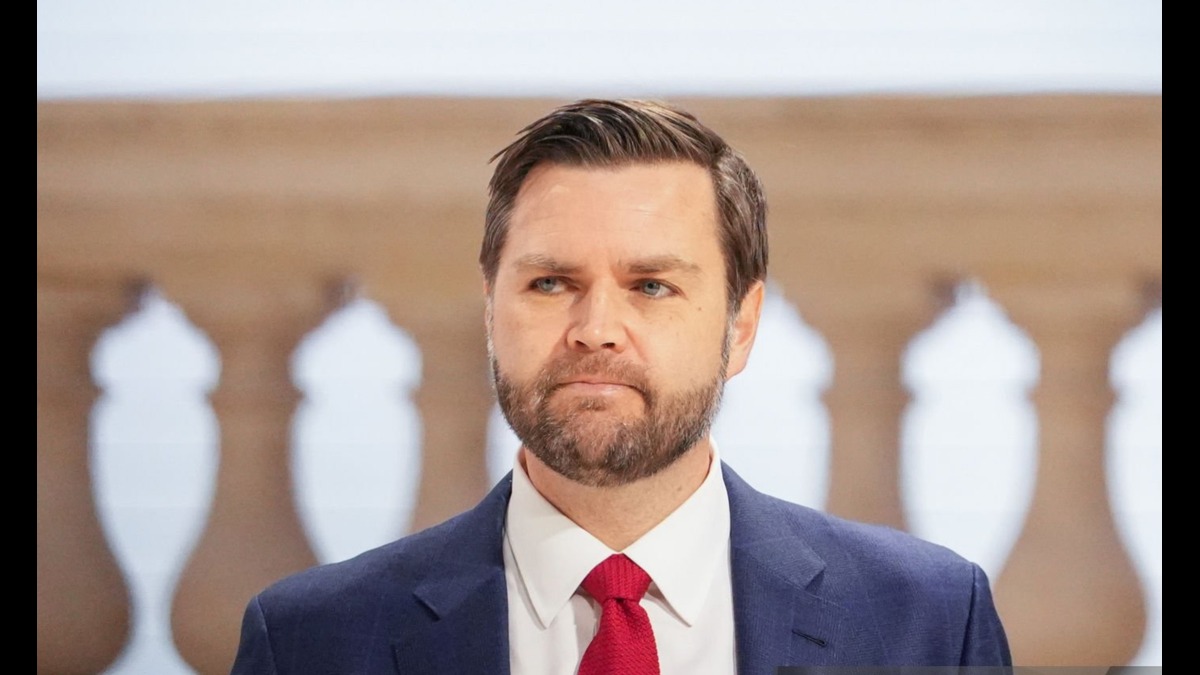According to JD Vance Speech:
U.S. Vice President JD Vance delivered a provocative speech at the Munich Security Conference on February 14, 2025, sharply criticizing European nations for what he described as a retreat from free speech and democratic principles. His address, which drew strong reactions from European leaders, underscored the growing ideological divide between the U.S. and its transatlantic allies under the current administration.
A Call for Free Speech and Sovereignty
Vance central argument was that internal censorship within Europe poses a greater threat to its security than external adversaries like Russia or China. He accused European governments of increasingly suppressing dissent, particularly on issues related to immigration, national identity, and cultural values.
“Democracy cannot survive without free speech,” Vance declared. “And yet, across Europe, we see governments and institutions silencing voices that dare to question the prevailing orthodoxy. This is not the path to strength; it is the road to decay.”
He specifically called out Germany and France for their policies on online content regulation and hate speech laws, which he argued had been weaponized to stifle political opposition. The Vice President cited recent incidents where conservative voices had been de-platformed or prosecuted for expressing controversial opinions.
Criticism of European Immigration Policies
A significant portion of Vance speech was dedicated to immigration, a topic that has remained contentious across Europe and the United States. He condemned what he termed Europe’s “reckless open-border policies,” arguing that mass migration has led to social unrest, crime, and a dilution of national identity.
Referencing a recent violent incident in Munich involving an Afghan refugee, Vance questioned why European leaders continue to defend policies that, in his view, endanger their own citizens. “Every nation has the right to defend its borders, its culture, and its people. Europe’s refusal to do so is not an act of compassion; it is an act of surrender,” he asserted.
A New Era of U.S.-Europe Relations
Vance also signaled a shift in U.S.-Europe relations, emphasizing that the Biden-era approach of aligning with European institutions on issues such as climate policy, migration, and digital governance would no longer be the norm.
“The days of the United States rubber-stamping every European policy are over. Under President Trump, we will stand with nations that respect their people’s freedoms and sovereignty, not those who erode them in the name of globalism.”
His remarks suggested that the U.S. may reconsider its role in NATO and other alliances if European nations do not align more closely with American priorities. This was seen as a veiled warning that Washington’s security commitments should not be taken for granted.
European Leaders Push Back
Unsurprisingly, Vance’s speech sparked a wave of criticism from European officials. German Defense Minister Boris Pistorius labeled his remarks as “deeply unhelpful and misinformed,” arguing that Europe’s approach to hate speech and misinformation laws is necessary to protect democratic institutions.
French President Emmanuel Macron’s spokesperson dismissed Vance’s comments as “populist rhetoric aimed at dividing allies rather than uniting them.” The EU Commission President, Ursula von der Leyen, also responded sharply, emphasizing that “Europe’s commitment to democracy and the rule of law does not require lessons from anyone, including Washington.”
The Broader Political Context
Vance’s speech was widely seen as a reflection of the Trump administration’s broader ideological stance. The Vice President’s rhetoric echoed familiar themes of nationalism, cultural preservation, and skepticism toward multinational institutions, aligning with the views of many far-right parties gaining traction across Europe.
His remarks also resonated with certain European political factions that share concerns about immigration and free speech limitations. Leaders from parties such as Italy’s Brothers of Italy, France’s National Rally, and Germany’s Alternative for Germany (AfD) praised Vance’s speech, calling it a “refreshing dose of reality from Washington.”
A Speech That Deepens Divisions
While JD Vance address may have been aimed at reaffirming America’s commitment to traditional conservative values, it also deepened existing fractures in transatlantic relations. The contrast between the U.S. administration’s approach and the prevailing European consensus on key policy issues has rarely been more pronounced.
As the world watches the evolving dynamics between the U.S. and Europe, one thing is clear: JD Vance is not interested in diplomacy for its own sake. His speech in Munich was a statement of intent—a clear message that under the Trump administration, America will prioritize ideological alignment over historical alliances.
How this will play out in the coming years remains to be seen, but one thing is certain: the days of unquestioned transatlantic unity are over.
